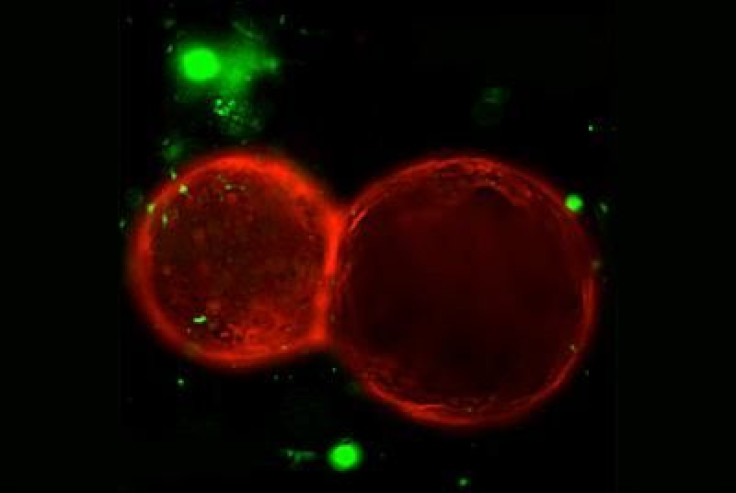Attacking Nerve Cells With Botox Could Be The Best Way To Fight Stomach Cancer

Botox is probably more useful than you'd think. Aside from paralyzing the faces of celebrities, researchers have now demonstrated its utility in beating back stomach cancer by smothering the nerve cells that feed it.
To tick through the bewildering list of examples, you'd think Botox was life's cure-all. Research and practice has shown Botox to be useful medicine for prostate cancer, arthritis pain, cluster headaches, acne, asthma, leaky bladders, depression, severe burns and allergies. Plus, of course, wrinkles.
Injections of Botox — the proprietary name for the chemical onabotulinumtoxinA — perform a specific function. They block nerve cells from transmitting a molecule called acetylcholine. In cosmetic procedures, this paralyzes muscles for a while and reduces wrinkles. But as a potential cancer drug, Botox blocks acetylcholine from performing one of its key functions: stimulating cell division.
"Scientists have long observed that human and mouse cancers contain a lot of nerves in and around the tumor cells," said Columbia's Dr. Timothy C. Wang in a statement. He's the co-author of a new study that appears Wednesday in the journal Science Transitional Medicine. "We wanted to understand more about the role of nerves in the initiation and growth of cancer, by focusing on stomach cancer."
Stomach cancer, the university reports, is the fourth-most-prevalent cancer, but it's the second most deadly, killing more than 75 percent of patients within five years. Experimenting on stomach cancer in mice, Wang's team discovered that Botox injections worked just as well at shrinking tumors as when they surgically severed the nerve cells. "Blocking the nerve signals makes the cancer cells more vulnerable — it removes one of the key factors that regulate their growth," Wang said.
What's more, cancerous mice who received Botox along with chemotherapy had a 35 percent higher survival rate than mice who only received chemo. And while these studies have only focused on early-stage cancer, Wang says they plan to move onto advanced cancer next. He also wants to explore more ways to use Botox in conjunction with other treatments.
Source: T.C. Wang, et al. Denervation Suppresses Gastric Tumorigenesis. Science Transitional Medicine. 2014.



























